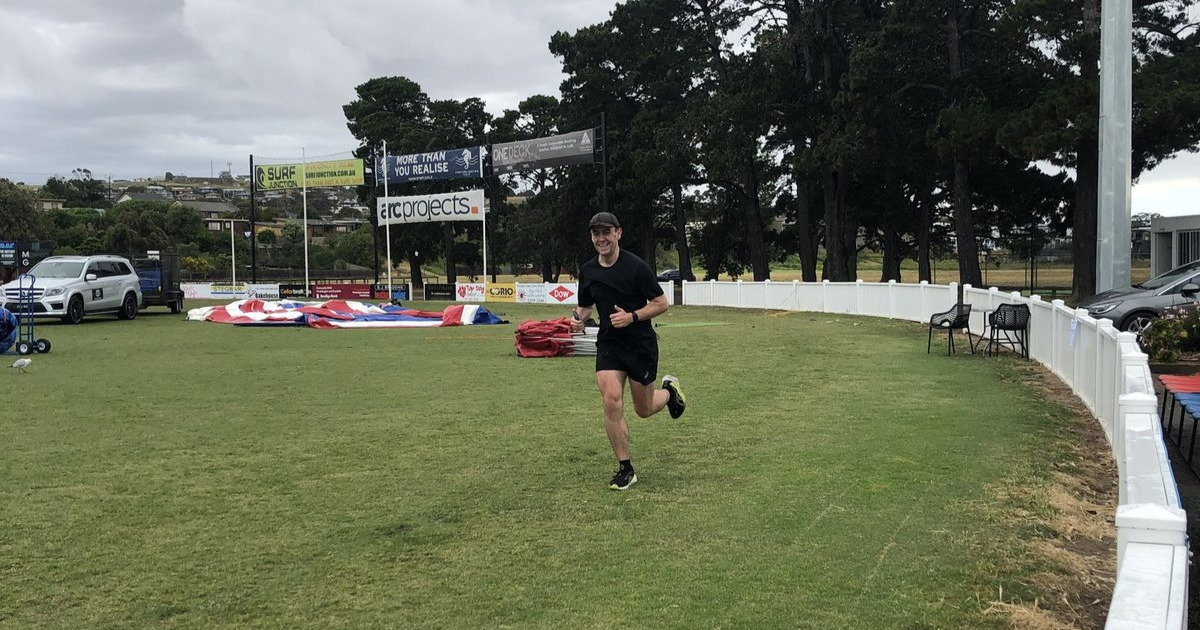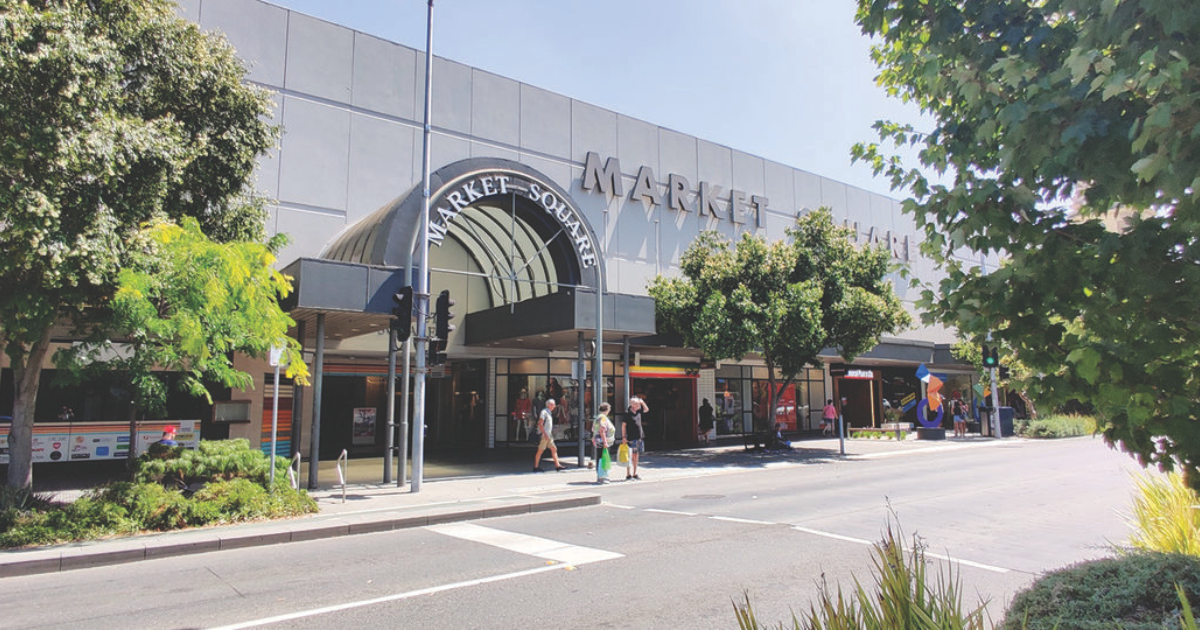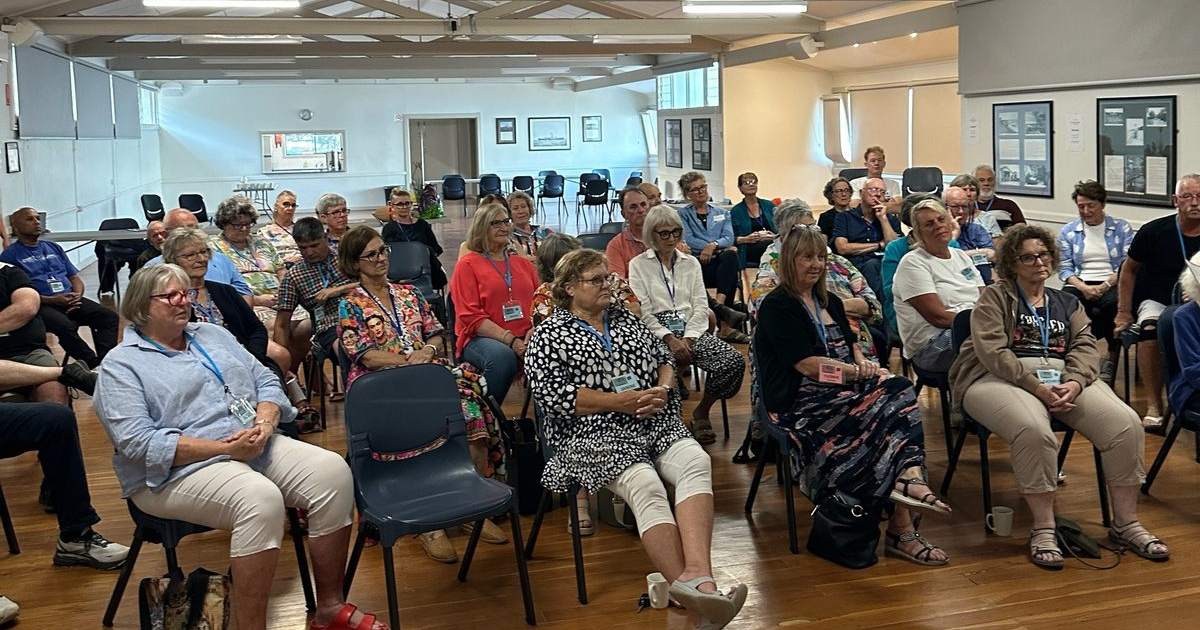Study to examine Geelong’s industrial past
GEELONG will be among the areas examined as part of a three-year study into the impact of recent major industry losses in regional Australia.
Led by University of South Australia (UniSA) economic geographer Associate Professor Sally Weller, and supported by UniSA industrial sociologist Adjunct Professor Al Rainnie, the three-year project will focus on closures in industries including power stations, steel, automotive and manufacturing.
The UniSA researchers will use an Australian Research Council grant to examine the impact of major plant closures on affected businesses in the supply chain and other local firms, and propose new strategies, including creative forms of government assistance, to bring inclusive growth to regional areas.
“In recent years, many regional areas have already been hit hard by industrial closures and many regional areas are vulnerable to the effects of futures closures,” Assoc. Prof. Weller said.
Geelong and Port Adelaide are included in the study as both areas have been affected by automotive industry closures. In Geelong’s case, the city suffered the shuttering of not only the Ford automotive plant in North Geelong in 2016 but also Alcoa’s aluminium smelter at Point Henry in 2014, leading to hundreds of job losses.
Other locations in the qualitative comparative study are the industrial towns of Port Augusta, the Latrobe Valley, the Upper Hunter and Lithgow, where coal-fired power stations have closed or have announced closure plans; Portland, Gladstone and Townsville, where smelters are vulnerable; and the steel towns of Whyalla and Port Kembla.
“Most previous research on vulnerable places after place closures has focused on labour market adjustment,” Assoc. Prof. Weller said.
“This project will take it a step further, looking at the extent to which firms are able to adjust to changed circumstances.”
She said the pattern of new businesses starting up and then shutting down in regional areas after plant closures would be analysed to help identify what could be done differently.
“Since the 1980s, Australia’s economy has become more spatially uneven as many regional areas have been left behind while the core cities grow rapidly. While both state and federal governments have committed to boosting populations in rural and regional Australia, the question of how to provide quality jobs beyond the core cities remains unanswered.”
The project will collect data from 10-15 towns that have suffered plant closures in recent years to identify what happened to dependent firms after the industry collapse.
“We hope to come up with some new ideas about how to support these troubled regions to create sustainable employment into the future,” Assoc. Prof Weller said.


















